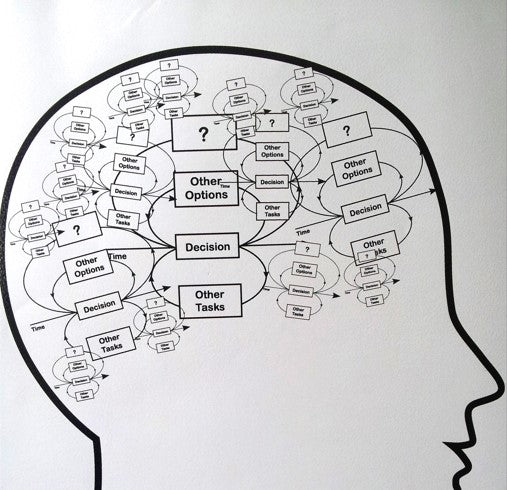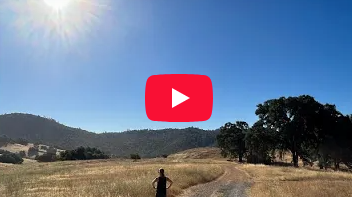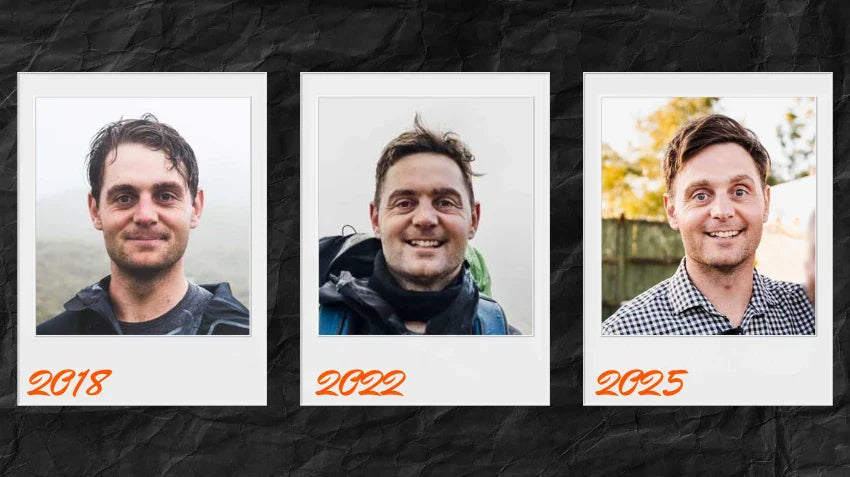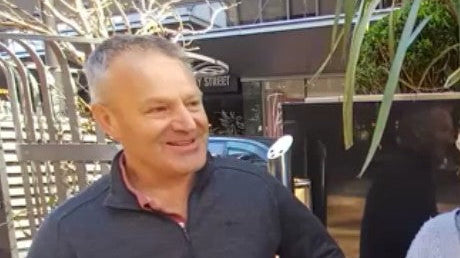The first step is for people to understand where they’re going wrong with making decisions. People who make good decisions have a pretty simple, straight-forward approach, especially for the little decisions – “what do I feel like?” “what will work here?” They will have no more than 2-3 criteria that they factor into their decision. They make the decision and then move forward without looking back. For example, when choosing a restaurant, they might care about menu and price. Or they might care about price and quiet setting. They keep their process simple with knowing which things really matter to them, rather than trying to meet too many different criteria.
People who struggle with decision-making do a lot more complication.
First of all, every decision, even little insignifcant things that don't matter become a BIG decision. Then they explore a lot of other options, even for something very simple like choosing a restaurant. They will need to consider many factors beyond the above two questions. For example, a lunch decision must then include factors like “would I need to drive or can I ride a bike there?” “what types of food do my 6 friends also like?” “what prices can they afford?” “do they use free-range eggs and ham?” “have they flown in their veges from overseas?” “what sort of lighting and music do they have?” “what’s their sample menu like? What are the reviews like? .... this list can be exhausting!
What usually happens next is that the task gets too overwhelming, so people then move into the next phase of faulty decision-making – procrastination. They divert themselves to other tasks while they sit on that first decision. As their decisions mount up, they feel more overwhelmed and less able to make any decisions at all.
The next phase, with an already over-flowing inbox of unmade decisions, is to bring in even more options. Maybe now, we’re not even sure if we want to go to restaurant for lunch. Maybe a pot luck at a friend’s house? Or maybe a picnic? The person is now looping back to an earlier decision that had already been made (eg. Restaurant for lunch) and starts re-evaluating that decision. Or maybe they need to ask advice from many other people about what they think they should do?
No matter which decision they eventually make, they do a further loop of wondering if that had been the right decision, regretting the one that was made and therefore reinforcing how they shouldn’t make hasty decisions because they want to avoid this feeling of regret.
Does this sound familiar? Does your head feel like this?

If yes, it’s time to update your strategy!
Remove all those circles and spirals out of your decision-making. DO NOT make big decisions this week. Start practicing on nice small decisions like “what do you want for lunch?” “what do you want to do after work?” “what do you want to do in the weekend?” Each time, ask yourself only a very simple question “what do I want?”, give yourself only two criteria and then make the decision. Move forward promptly and enjoy the decision you made. Do not look back and evaluate/regret it. Once your brain learns how much easier and calmer it is to make decisions quickly and well, you will naturally gravitate to simple easy decisions.
What you'll find over time is that most decisions that we make are simple little things that don't have big consequences. For bigger decisions such as jobs, houses or marriage partners, it's totally OK to have more criteria and do more thorough researching and feeling into it, but for the little decisions, KEEP IT SIMPLE!
And if you are still struggling with decision-making, I would recommend attending The Switch - my 4-day training programme which gives you great skills and techniques to deal with thoughts in the present moment as well as techniques to access the original event in your life that caused you to become paralysed about decision-making and resolve this experience so that you can be confident in your decision-making in the present.






